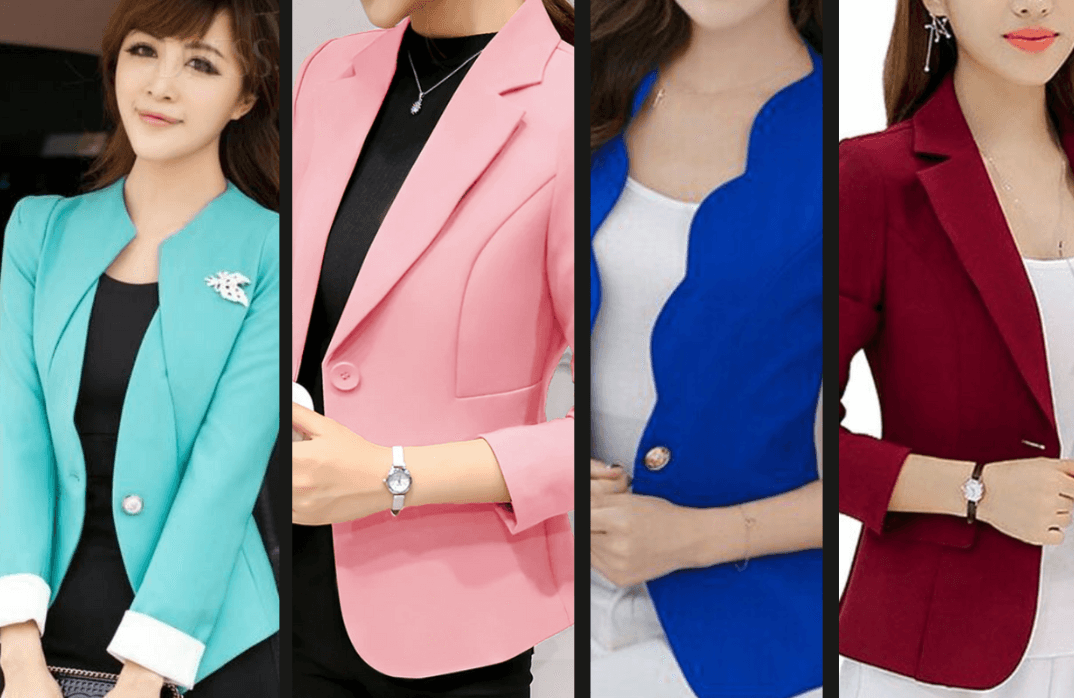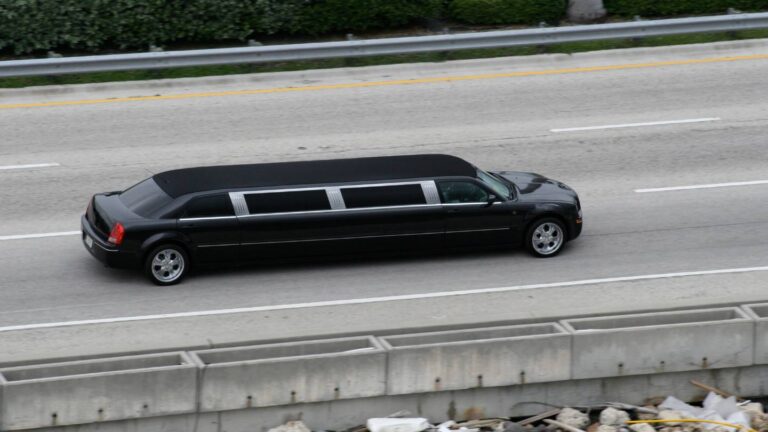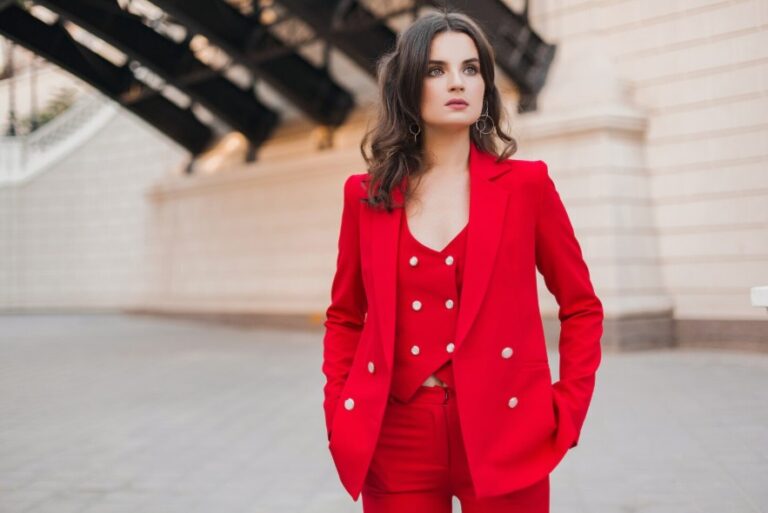
Blazertje
Fashion has always been more than just clothing; it is a form of self-expression, cultural identity, and creative storytelling. Over the years, trends have shifted dramatically—from classic tailoring to streetwear, from haute couture to sustainable fashion. Among these timeless pieces, the blazertje (a stylish blazer) has remained a central icon. Whether it’s the sleek zwart blazertje‘s for formal occasions or the futuristic elektrisch blazertje that integrates technology into clothing, fashion continues to reinvent the blazer as a versatile piece. This article explores the history of fashion, the importance of blazers, and how modern innovations are shaping the industry.
The History of Fashion
Fashion has existed since humans first used fabrics and designs to cover and express themselves. Ancient civilizations like Egypt, Greece, and Rome developed unique garments that reflected their culture, status, and climate. In medieval Europe, clothing began to indicate social status more clearly, while the Renaissance brought luxurious fabrics and elaborate embroidery. The 19th century introduced industrial textile production, making fashion more accessible. By the 20th century, fashion had become a global industry, influenced by designers, celebrities, and media. Today, fashion is a mix of history, culture, and modern technology, with timeless pieces like the blazertje bridging the past and future.
The Significance of the Blazertje
The blazertje is a Dutch term that refers to a blazer, a piece of clothing that has evolved from military jackets to become a symbol of elegance and versatility. Unlike regular jackets, blazers are structured, tailored, and designed to elevate the wearer’s appearance. A blazer can be worn casually with jeans or formally with trousers, making it one of the most adaptable garments in fashion. The rise of the zwart blazertje has solidified its place as a wardrobe essential, while innovations like the elektrisch blazertje push the boundaries of what a blazer can represent in modern times.
The Zwart Blazertje: Timeless Elegance
A zwart blazertje, or black blazer, is considered the ultimate wardrobe staple. It exudes power, confidence, and sophistication, making it suitable for job interviews, business meetings, and evening events. What makes it timeless is its adaptability; it can be paired with a formal shirt for professional settings or worn over a t-shirt for a chic casual look. In fashion history, the black blazer has often symbolized minimalism and elegance. Many designers emphasize the zwart blazertje because of its ability to remain stylish regardless of changing fashion trends. For both men and women, owning one is almost a fashion necessity.
The Elektrisch Blazertje: Fashion Meets Technology
In recent years, the concept of the elektrisch blazertje has emerged, merging fashion with technology. This futuristic blazer may include features such as built-in heating, wireless charging pockets, or smart fabrics that adjust to weather conditions. The elektrisch blazertje represents the evolution of clothing into wearable technology. It appeals to professionals and tech-savvy individuals who want practicality without sacrificing style. As fashion moves toward innovation, the elektrisch blazertje symbolizes the future—where clothing doesn’t just cover us but also assists us in daily life.
Fashion as a Form of Expression
Fashion is deeply personal. The way people choose to wear a blazertje, whether in a bold color, classic black, or with modern tech features, reflects their personality and identity. For some, fashion is about following trends; for others, it is about making bold statements. Streetwear, luxury brands, and sustainable fashion all highlight different values, but at the core, fashion always expresses individuality. Even something as simple as styling a zwart blazertje differently can tell a story about the wearer’s confidence, creativity, or minimalism.
The Role of Sustainability in Fashion
Modern fashion is no longer just about appearance; sustainability plays a central role. Consumers are increasingly aware of how clothing production affects the environment. This has led to innovations in eco-friendly fabrics, recycling methods, and slow fashion movements. Blazers, especially high-quality ones like a zwart blazertje, are often seen as sustainable investments because they can last for years if made with durable materials. Even the concept of the elektrisch blazertje ties into sustainability, as it merges multifunctionality with long-term use. The future of fashion must balance style, technology, and environmental responsibility.
How Blazertjes Influence Global Fashion Trends
From fashion runways in Paris to business hubs in New York, the blazertje has influenced global trends. Designers across the world continue to reinterpret the blazer by experimenting with cuts, fabrics, and functions. The zwart blazertje remains a classic piece in international wardrobes, while the elektrisch blazertje represents global interest in smart fashion. As globalization spreads trends faster than ever, blazertjes have transitioned from regional styles to global icons, highlighting their universal appeal.
Conclusion
Fashion is a constantly evolving industry that reflects history, culture, and innovation. Among the many garments that have stood the test of time, the blazertje continues to be a defining piece. Whether it’s the classic zwart blazertje that symbolizes timeless elegance or the elektrisch blazertje that represents futuristic innovation, blazers remain central to modern style. As fashion moves forward, blending sustainability with technology, the blazertje will continue to evolve while holding onto its timeless charm.
FAQs about Fashion and Blazertjes
Q1: Why is a zwart blazertje important in fashion?
It is timeless, versatile, and suitable for both formal and casual occasions.
Q2: What is an elektrisch blazertje’s?
It’s a modern blazer that integrates smart technology, such as heating or charging features.
Q3: Can blazertjes be worn casually?
Yes, pairing a blazer with jeans or sneakers creates a chic casual style.
Q4: Is fashion only about trends?
No, fashion is also about self-expression, identity, and cultural values.
Q5: How is sustainability shaping fashion?
It encourages eco-friendly fabrics, recycling, and investment in timeless pieces like a zwart blazertje.





